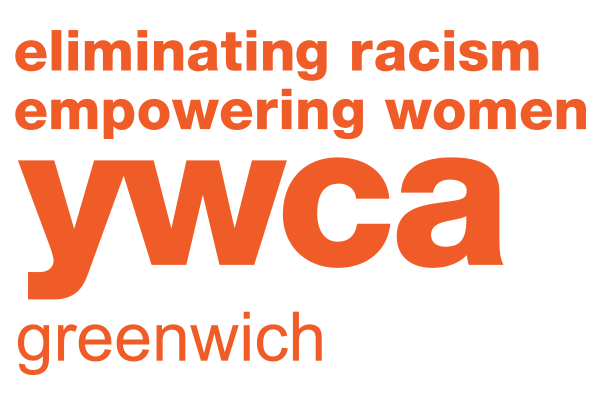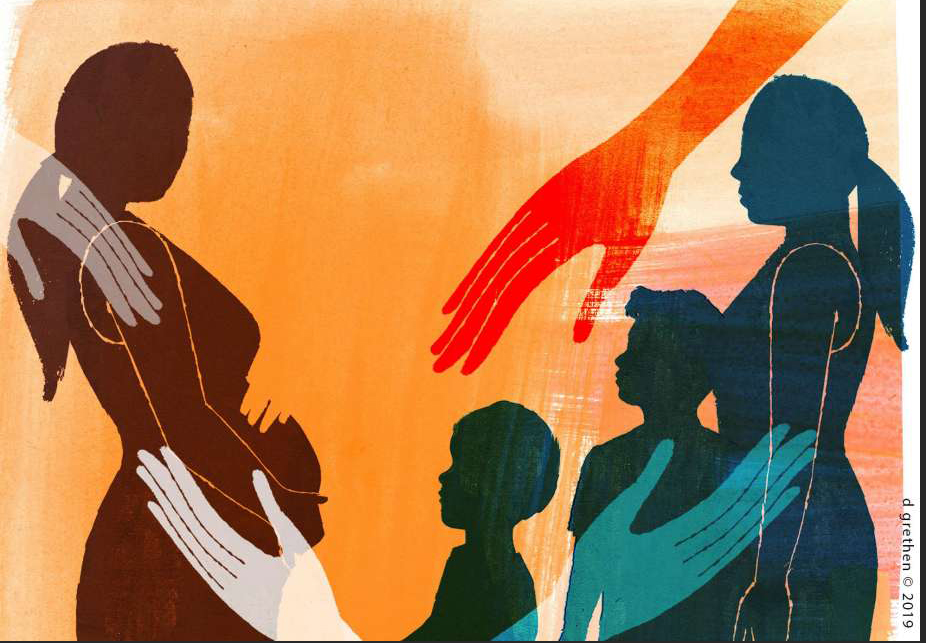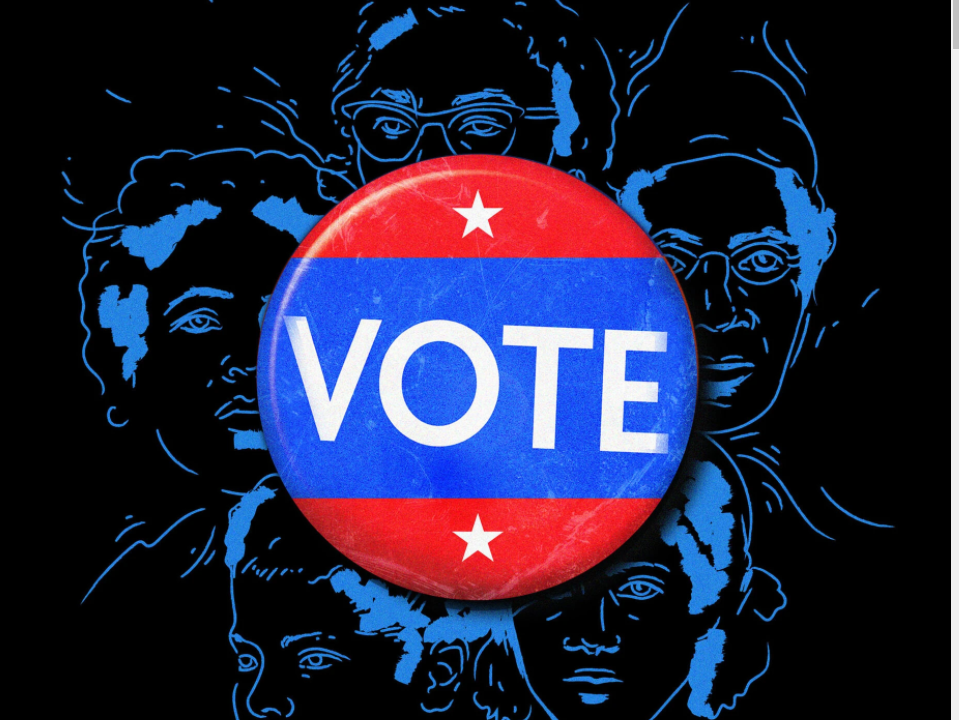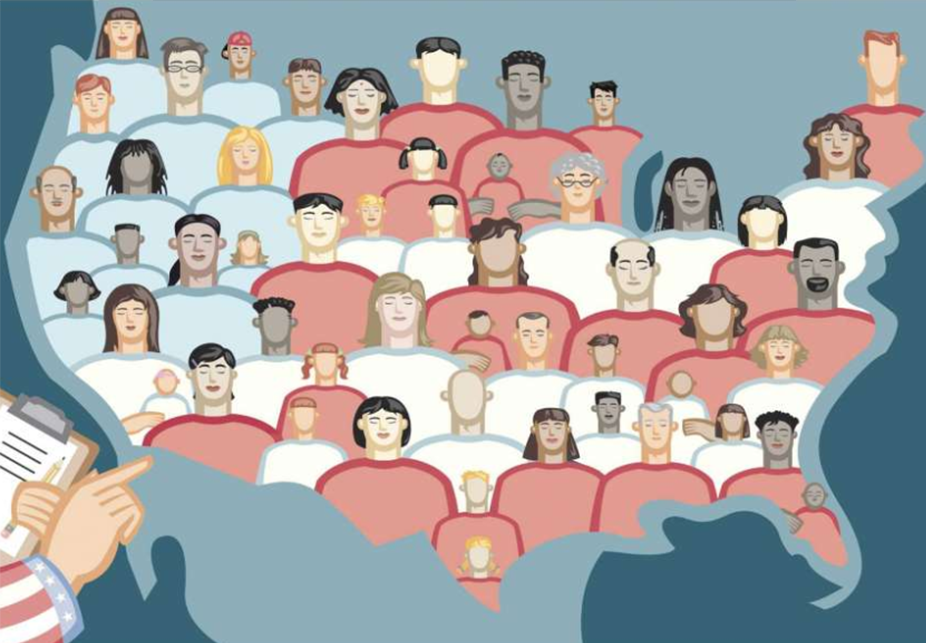The General Assembly’s record of addressing policy issues that impact women and girls disproportionately was better in 2019 than in 2018, but still a mix of wins and losses:
Paid Family and Medical Leave: After years of debate over an employee-funded insurance system that would cover a portion of an employee’s wages during a legally protected leave of absence, Connecticut joined six states and the District of Columbia in passing paid family and medical leave. This important law provides wage replacement for up to 12 weeks of leave while workers care for family members, such as newborns, or recover from serious medical challenges and established an inclusive definition of family. Premiums of .5 percent of wages will be collected from employees through payroll deductions starting in January 2021, and benefits will be available starting in January 2022. The system will be administered by a quasi-public authority. The law is critical to promoting the employment stability and economic security of workers who go out on protected leaves, which are disproportionately women.
Sexual Assault and Sexual Harassment: The “Time’s Up” Act passed this year, after failing to advance last year, and the new law addresses sexual assault, child sexual abuse and workplace sexual harassment. Connecticut had one of the shortest statutes of limitation on sexual assault in the country, which was increased from five years to 20 years for felonies. The new law also eliminated the criminal statute of limitations for minors up to age 18 and extended the civil statute of limitations to 30 years past the complainant’s 21st birthday. Workplace sexual harassment training is now required for businesses with three or more employees instead of 50 or more employees, and training must be provided to both supervisory and non-supervisory employees.
Human Trafficking: Until this year, Connecticut was the only state in the nation that did not require nail salons, estheticians and eyelash technicians to obtain and maintain an operating license. The new law passed by the General Assembly requires not only licensing, but also standards for inspection of nail salons and training for licensees in these fields. One of the rationales for this legislation was to make it more difficult for these businesses to be fronts for sex or labor trafficking. In addition, the law is intended to protect workers, who are overwhelmingly female and often immigrants, from a range of labor law violations and coercive practices by employers.
Domestic Violence: HB 7396 eliminated the state’s separate spousal rape statute and amended the definitions of sexual assault to ensure that all sexual violence laws apply to potential victims regardless of their relationship with their abuser. In addition, SB 1105 amended the existing Freedom of Information Act to provide the same level of confidentiality for family violence victims as it currently provides for victims of sexual assault with respect to the release of police records.
Unfortunately, two other domestic violence-related bills failed to pass. First, a bill was passed in the Senate requiring landlords to change locks at the expense of a tenant if the tenant has a restraining order, protective order or civil protection order against an abuser. This bill, however, stalled in the House. If passed, this law would have provided an important added protection for victims of domestic violence. Second, a bill that would limit public disclosure and the sale of voter registration information stalled in the Committee on Government Administration and Elections. This bill would have protected the privacy of victims of domestic violence and their families who seek to live their lives free from continued stalking and harassment by their abusers.
Commission on Women, Children and Seniors; Governor’s Council on Women and Girls: In 2016, the General Assembly consolidated the state’s leading advocate for women and girls, the 43-year-old Connecticut Permanent Commission on the Status of Women, with two other commissions and formed the Commission on Women, Children and Seniors (CWCS). This year the General Assembly went further and consolidated CWCS with the Commission on Equity and Opportunity, also the product of a 2016 consolidation of three commissions that advocated for underserved and underrepresented populations. The Executive Branch, however, has responded with the new Governor’s Council on Women and Girls, which will provide a coordinated response within the Governor’s cabinet to issues impacting women and girls. The Council will focus on four distinct areas: education and STEAM; economic opportunity and workforce equity; health and safety; and leadership.
Mary Lee Kiernan is president and CEO of YWCA Greenwich






